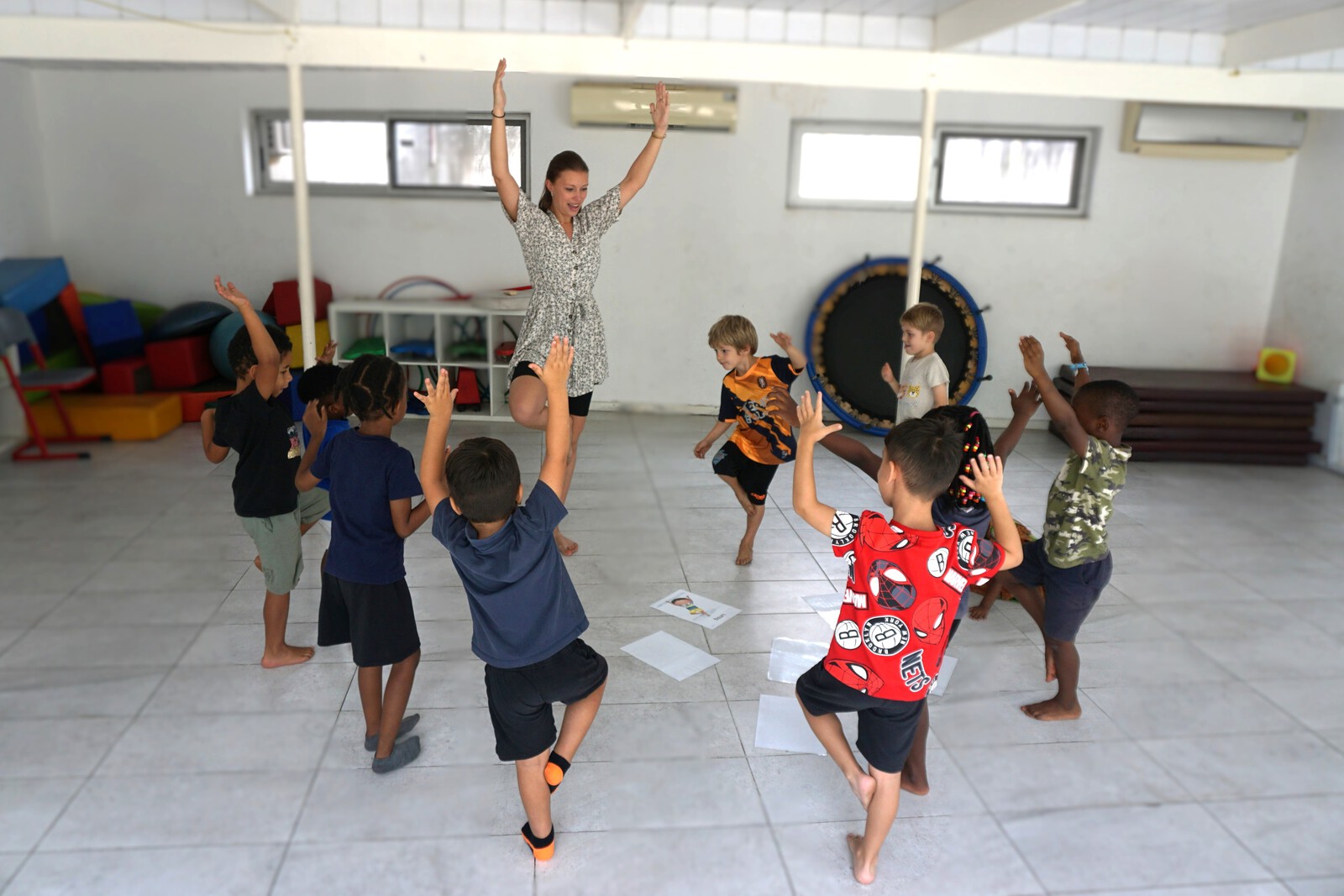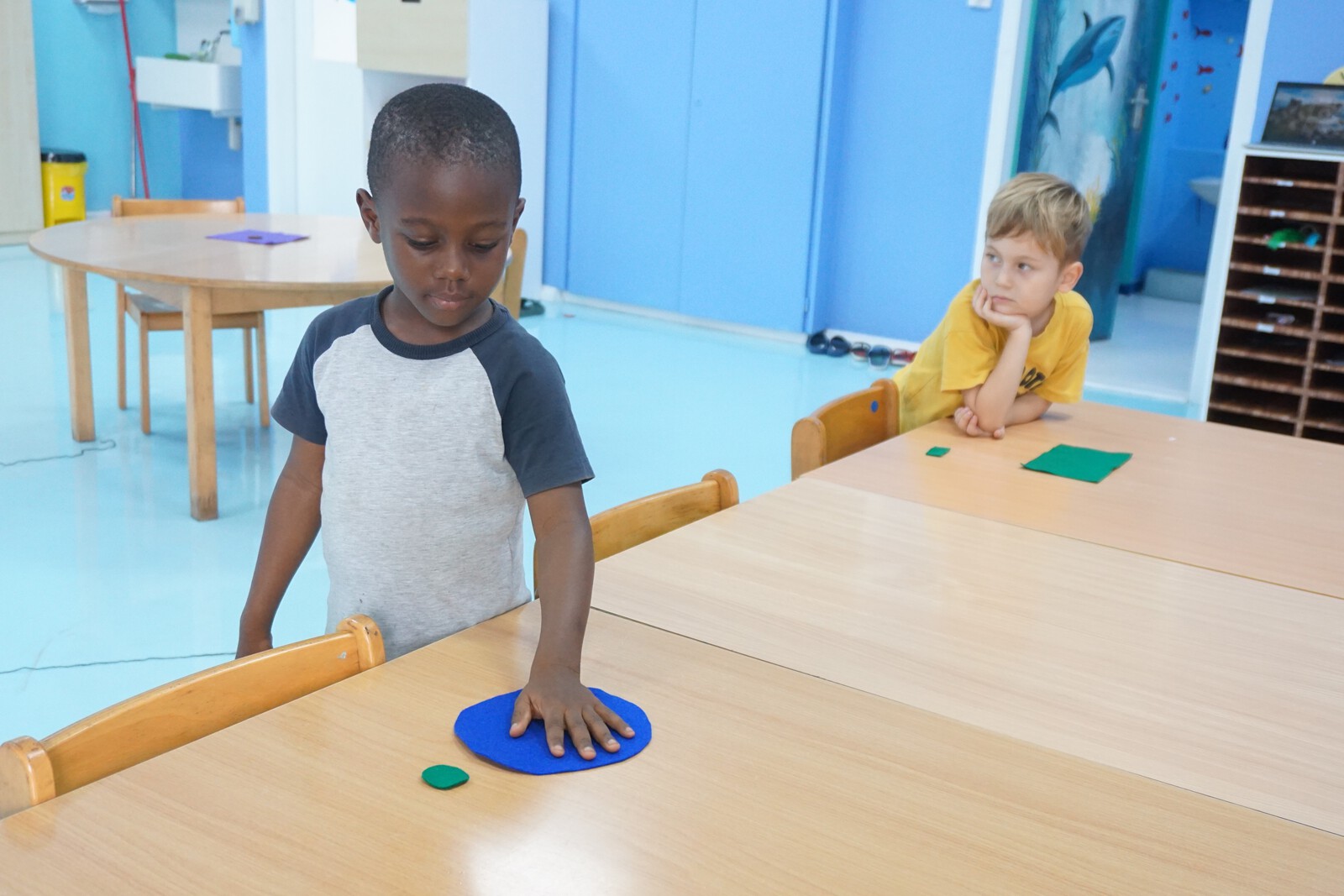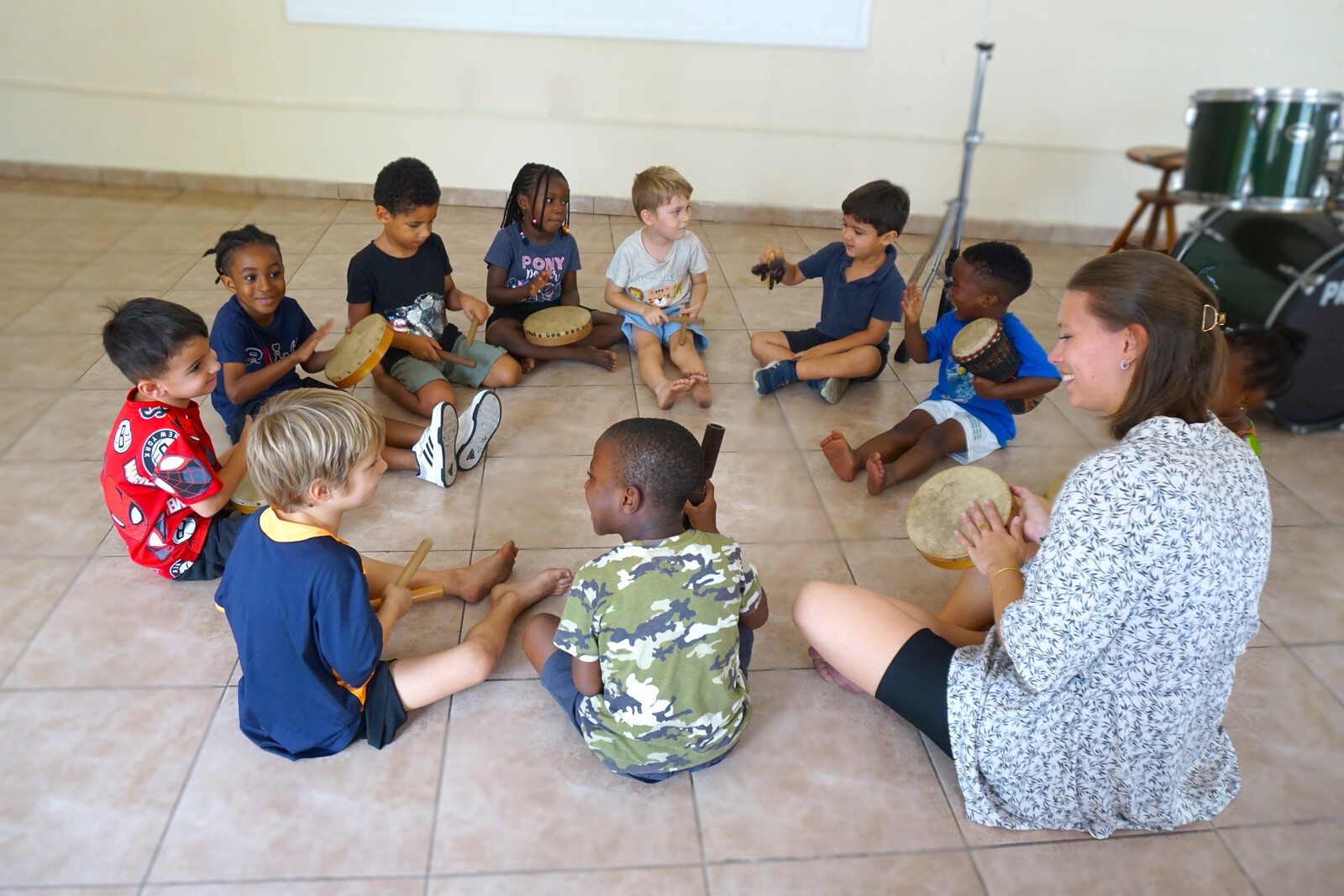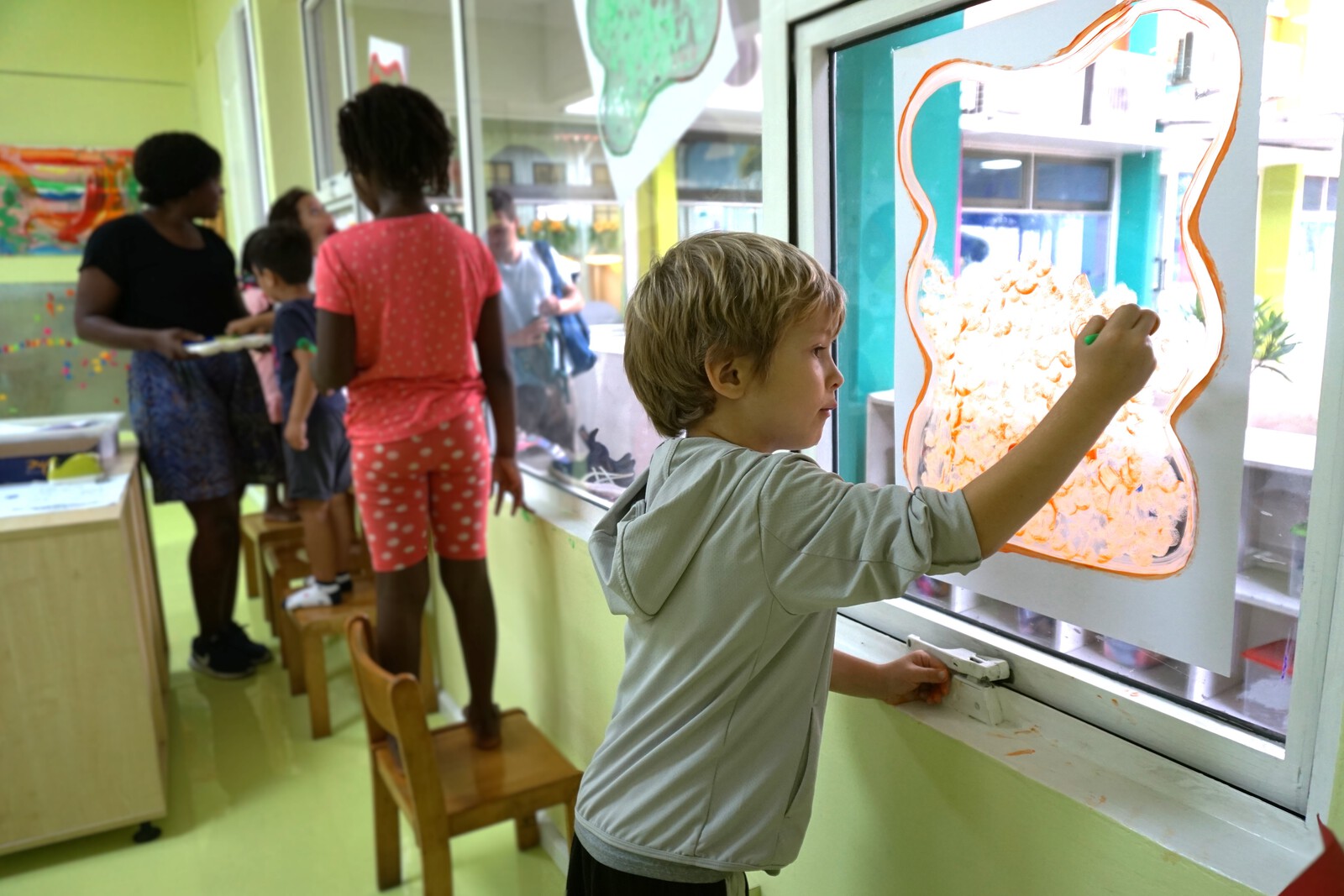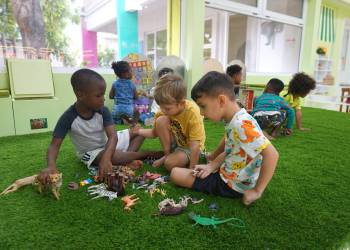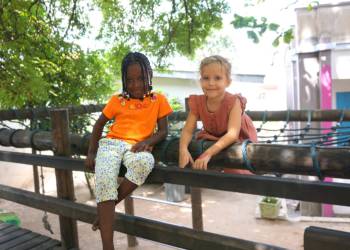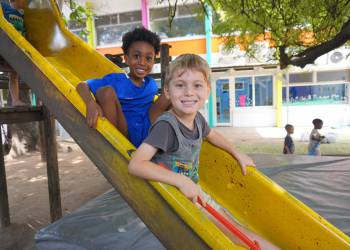Kindergarten
The “Thuringian Education Plan”
In our early learning center, we operate according to the "Thuringian Education Plan". This outlines key principles guiding our work, including our view of the child, our understanding of education, and successful partnerships with families. It also elaborates on the various educational areas we integrate into our daily activities.
Our View of the Child:
Children are naturally curious and actively explore their world. They learn through their own experiences by playing, asking questions, and solving problems independently. We see children as active learners who gain much from interactions with adults and peers. They need diverse stimuli and support from professionals to develop optimally.
Our Understanding of Education:
The early years are crucial for future success in school and life. Children learn actively through play and exploration, and we support this by observing their strengths, weaknesses, needs, and interests, providing targeted encouragement. Our focus is on playful learning, meeting children where they are and offering appropriate opportunities. Education should not only impart knowledge but also support personal development and independence. Every child has the right to education tailored to their needs, which should also help reduce social injustice and empower all children to become independent thinkers.
Successful Parenting Partnership:
A strong collaboration between parents and educators is built on trust, respect, and shared goals. When challenges arise, we work together with families to find solutions. Parents are the best experts on their children. Open communication, mutual learning, the use of portfolios, and regular developmental talks help provide the best support for the child.
The Various Educational Areas:
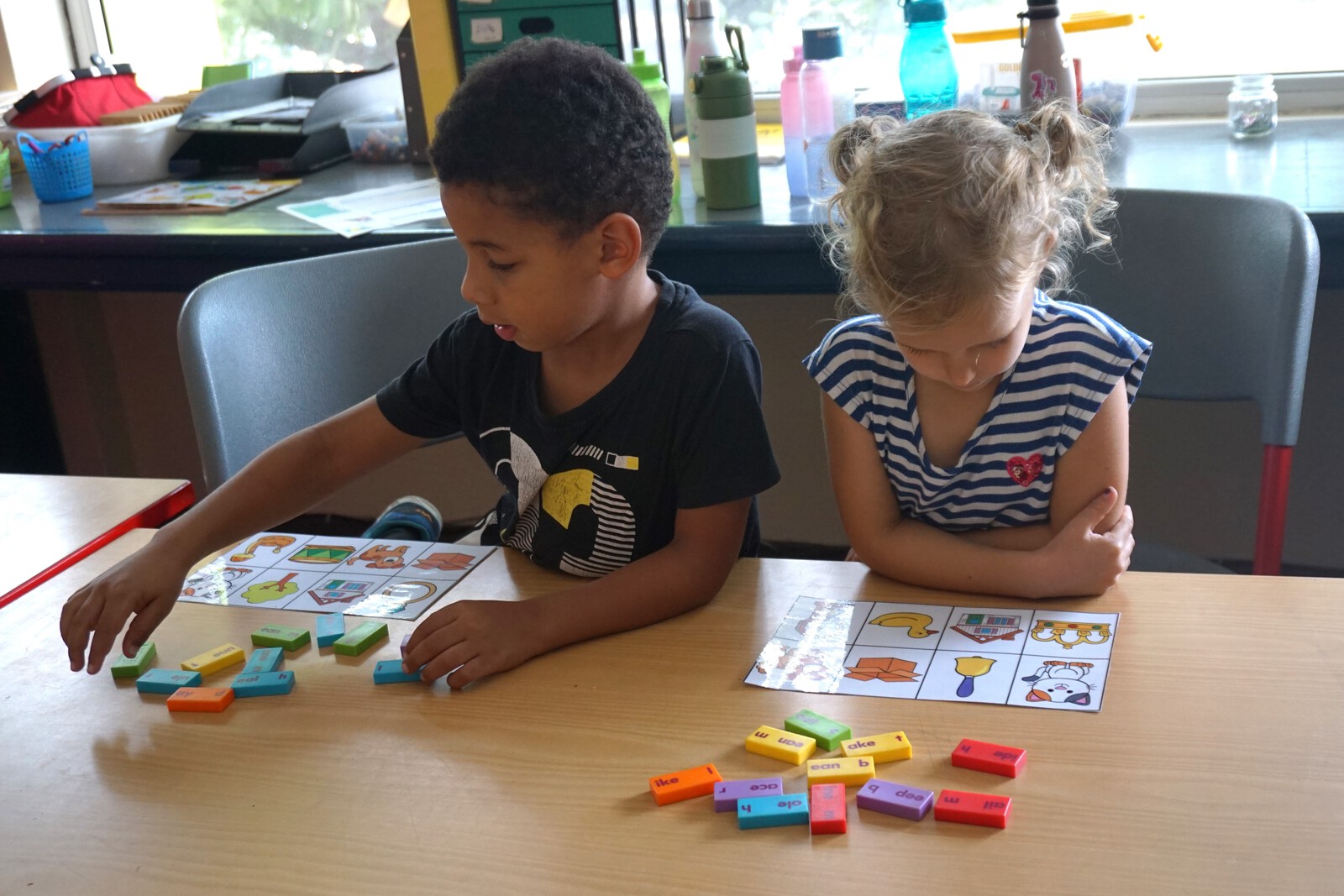
Language enables communication and is essential for our coexistence. We promote this through picture book readings and linguistic support during everyday situations.
Movement allows us to act and interact with our environment. We encourage this through extensive garden time and targeted physical activities in the movement room.
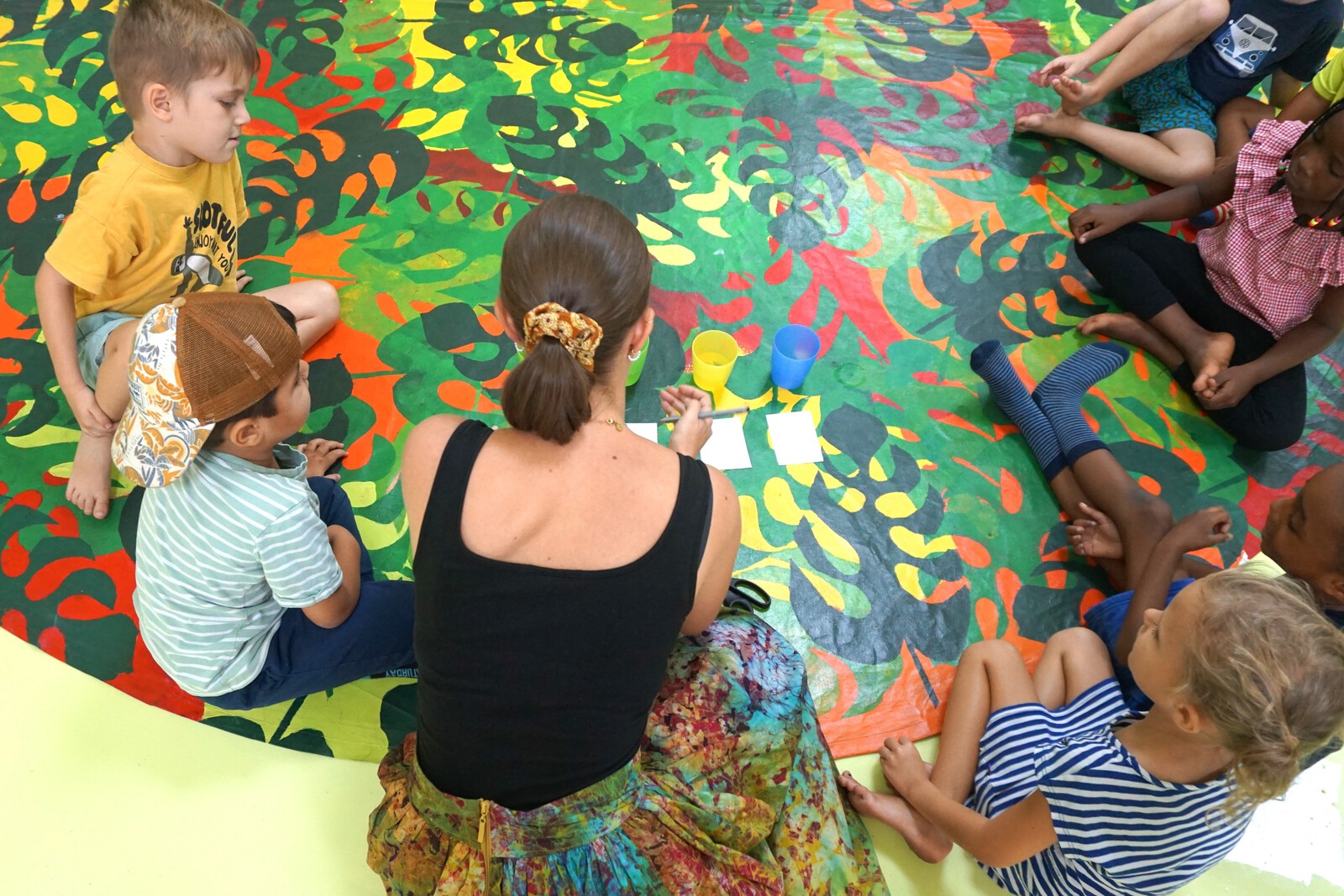
Science helps us engage with our environment and reality. We promote this through attentive observations during garden time and various themed experiments.
Mathematics enables us to solve everyday problems, recognize patterns and structures, and understand quantities and relationships. We support this by counting the children present in the morning circle or through targeted games focused on shapes and colors.
Music provides aesthetic experiences on many levels and serves as an alternative form of expression. We promote this through singing throughout the day and introducing various instruments like drums.
Creative expression allows children to convey their perceptions and experiences, representing their view of the world. We foster this by providing a variety of craft materials that are freely accessible to the children at all times.
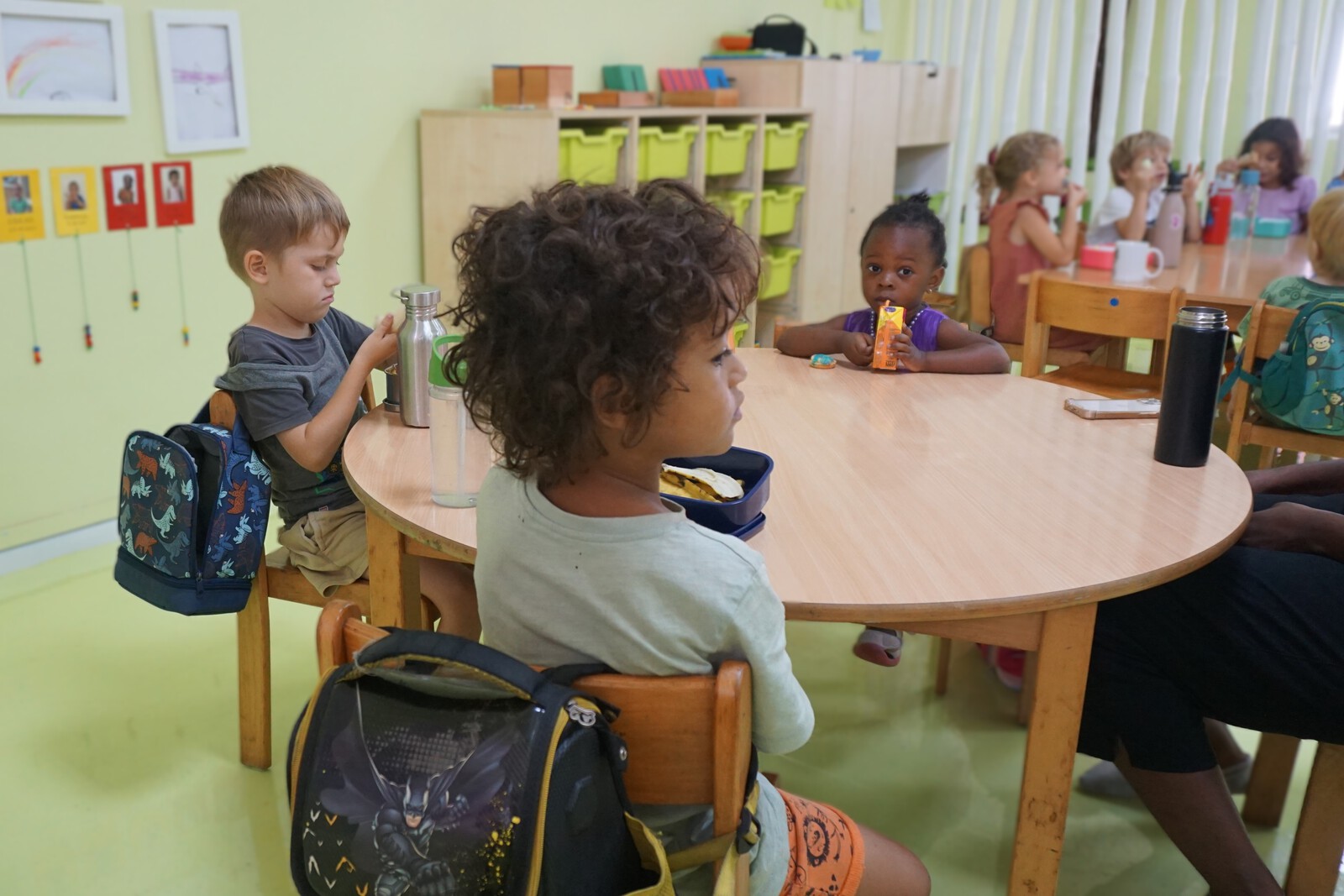
Cultural education fosters an understanding of values and norms, diverse cultures, and individual needs and emotions. We promote this through group agreements and rules created together, as well as celebrating and preparing for various festivals throughout the year.
Language concept
Language diversity with a focus on the German language
Language is the key to understanding the world and oneself, and it plays a central role in interpersonal relationships. It supports your child's cognitive, emotional, and social development and is crucial for academic success and participation in social life.
In our early learning center, we place great importance on language development across all educational processes. We support language growth playfully through targeted activities focused on sound formation, vocabulary expansion, communication skills, sentence construction, and rhythmic speech. Our approach is intentionally integrative: Children who previously had no exposure to the German language benefit from interacting with German-speaking children, who provide sensitive support through facial expressions and gestures. At the same time, German-speaking children further develop their language skills in a focused manner.
Our goal is to provide all children with the opportunity to confidently apply and explore their newly acquired language skills through curiosity, fun, and enjoyment.
Bilingual education - German/English
In a world that is becoming increasingly interconnected, mastering foreign languages is more important than ever. Our bilingual German/English approach helps children make early contact with a second language, fostering not only their language skills but also their cognitive and social development.
In our early learning center, we use the "One Face - One Language" principle. This means that one educator speaks German, and another speaks English with the children. This approach allows the children to clearly identify which language is being used. Our activities and morning circles are conducted in German and in English, depending on the teacher in charge. This method enables children to learn each language naturally and integrate it into their everyday lives in a playful manner.
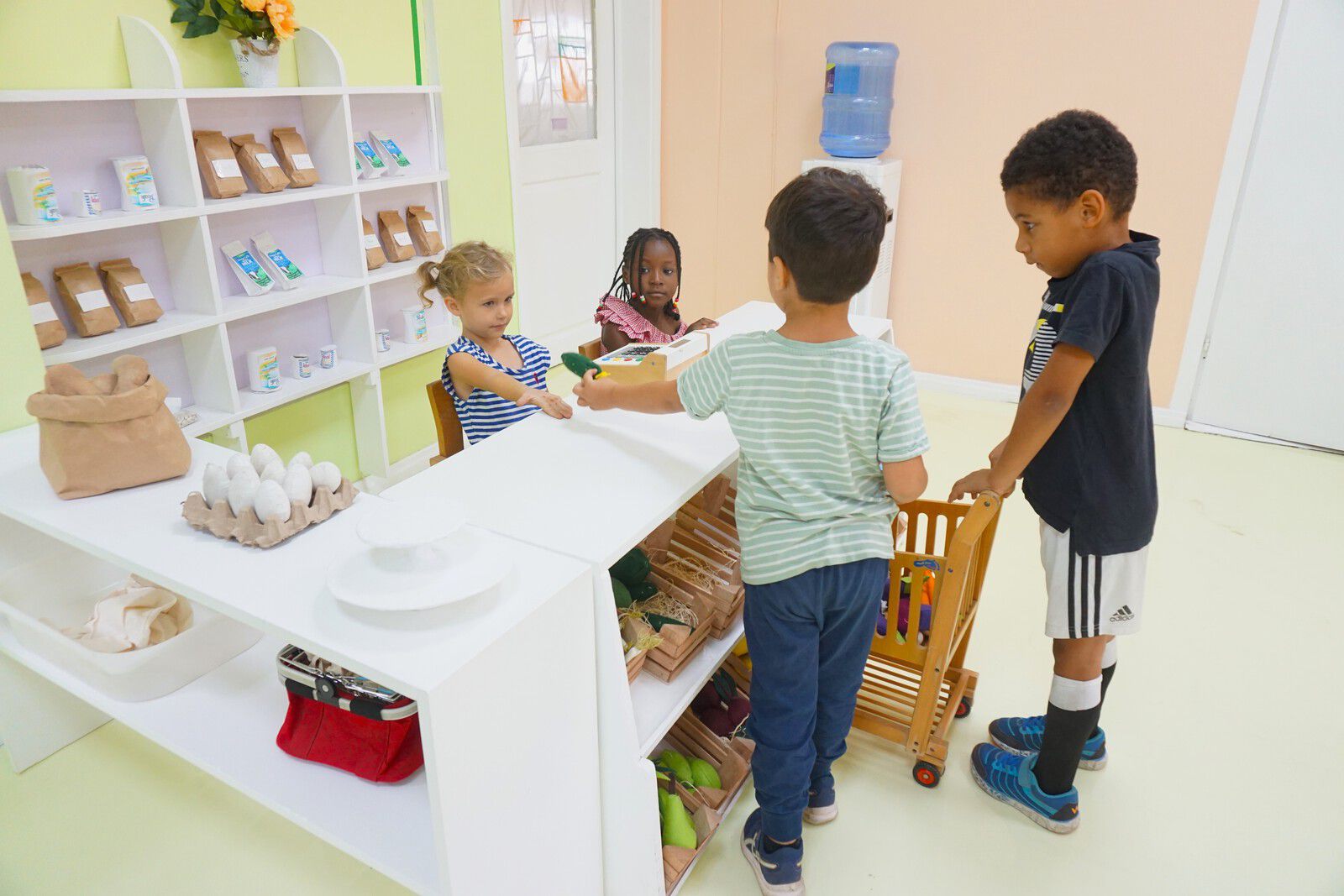
Free Play in the early learning center
In our early learning center free play is a special time when children can choose how and what they want to play with, without fixed rules or guidelines. Nevertheless, they are accompanied and supported by educational professionals during free play. This support creates a safe environment where children can unleash their imagination, develop social skills, face challenges, and explore their curiosity.
Why is free play so important to us?
Free play is an essential component of child development for various reasons. In this playful environment, children can express their imagination, interact with others, develop social skills such as sharing and empathy, and form friendships. Furthermore, free play fosters cognitive development as children independently solve problems, make decisions, and unleash their creativity. While playing with toys, building towers, and painting, they not only improve their fine motor skills but also their hand-eye coordination. Last but not least, free play strengthens children's self-confidence and independence as they tackle challenges and explore the world around them.
How do we Foster meaningful free play?
To optimally support free play, we offer a diverse selection of play materials and create generous spaces for the children. We attentively observe their activities and are ready to assist them when needed. Free play is consistently accompanied by language from educational professionals to promote the children’s communication skills. We always encourage them to develop new ideas and unleash their imagination. At the same time, we set clear boundaries and rules to ensure a safe and respectful environment. We recognize and appreciate the continuous efforts and progress of the children.
The Portfolio
During their time in the early learning center, our educators create a so-called portfolio for each child. This is a binder that systematically records the skills and competencies of the children. A portfolio is meant to help capture and visualize the strengths and learning progress of each individual child. It also makes the child's educational biography and developmental process comprehensible. The child's diverse materials (pictures, drawings, crafted works) are accompanied by brief reflections that include the children's statements about their creations. For educators, the portfolio offers a way to document the individual learning journey clearly and effectively, allowing the child to recognize and reflect on their growth in competencies. Therefore, the portfolios are of great significance for the children, educators, and parents.
The following goals are pursued in portfolio work at the daycare:
- Reflecting personal interests and strengths
- Documenting learning processes
- Illustrating development
- Reminding of past events
- Serving as a basis for pedagogical planning
- Reflecting self-education processes
Upon leaving the early learning center, children may take their portfolio home, providing them with a keepsake of their time in kindergarten and nursery at GISA.
Parent involvement in the early learning center is a crucial component of early childhood education and care. For us, close collaboration between educators and parents is essential to optimally support the well-being of the child.
- Information Exchange: Regular conversations and informational events help provide parents with insights into their children's daily lives and discuss important topics. Additionally, weekly summaries with pictures are sent out to share the children’s experiences and activities.
- Participation: Parents can actively participate in shaping the daycare routine, whether through involvement in projects, events, or by contributing their own skills and resources. Each year, a parent representative is also elected.
- Partnership in Education: Close collaboration between educators and parents is important to pursue consistent educational goals and to support the child’s development in the best possible way.
- Support: Detailed development discussions about the children's progress take place twice a year to provide targeted feedback and support.



